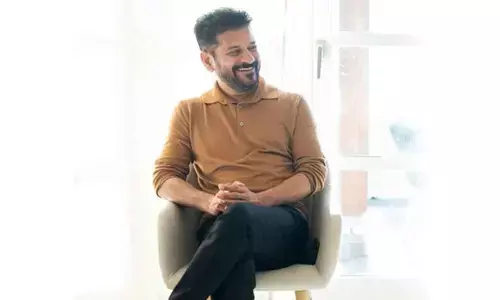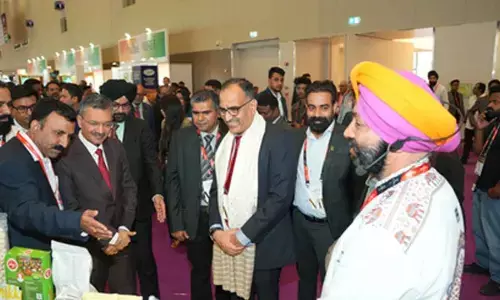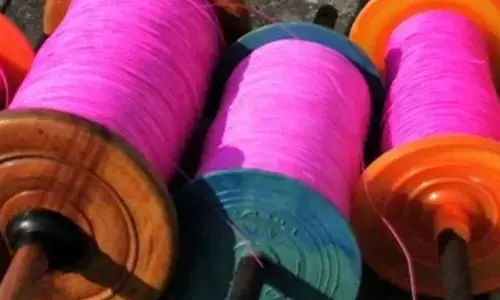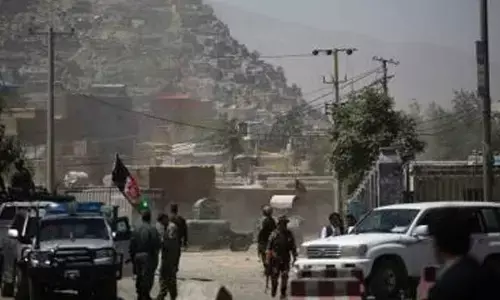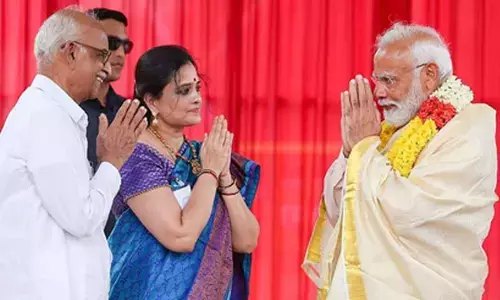National anthem & national song placed on same pedestal
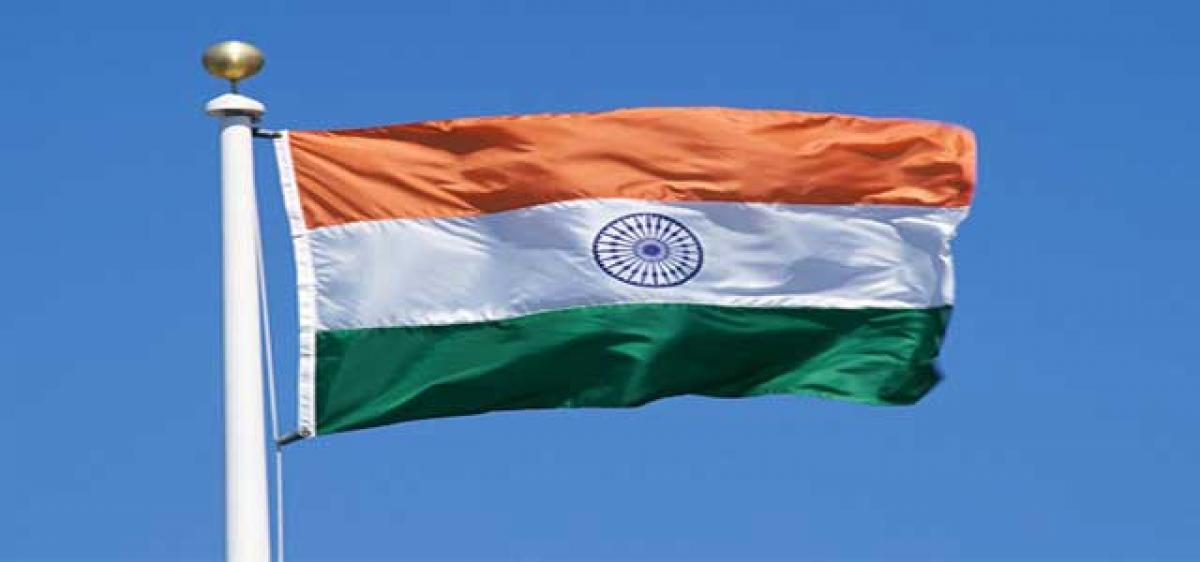
There was a competition between Jana Gana Mana and Vande Mataram for classification as national anthem. Many texts are being circulated in the social media creating doubts and controversies like Jana Gana Mana was originally sung in praise of George V or that it was adjudged the best national anthem in the world recently etc.
Against the backdrop of confusion created by the social media propaganda of unauthentic statements, nation needs comprehensive authentic information about their national anthem and national song. It is important to prevent possible adverse impact of these controversies denting the respect of the people
There was a competition between Jana Gana Mana and Vande Mataram for classification as national anthem. Many texts are being circulated in the social media creating doubts and controversies like Jana Gana Mana was originally sung in praise of George V or that it was adjudged the best national anthem in the world recently etc.
Though the websites like ‘Satyashodh’ are offering evidences to dispel these hoax and irresponsible statements, very less percentage of browsers have access to these well-researched and substantiated articles.
In his article on “100 years of our National Anthem: Jana Gana Mana, posted on December 29, 2011, VIDUR (Kamal Nayan Chaturvedi) stated:
“It is unfortunate that our National Anthem is mired in controversies. The poem was composed in December 1911, precisely at the time of the Coronation Durbar of George V, and “Bharat Bhagya Vidhata” and “Adhinayaka” is considered by some to be in praise of King George V and not God.
The composition was first sung during a convention of the then loyalist Indian National Congress in Calcutta on Dec. 26, 1911. It was sung on the second day of the convention, and the agenda of that day devoted itself to a loyal welcome of George V on his visit to India. The event was reported thus in the British Indian press: On December 28, 1911 the media reported that “the Bengali Poet Rabindranath Tagore sang a song composed by him specially to welcome the Emperor.” (Statesman, Englishman, Indian)”
Many historians aver that the newspaper reports cited above were misguided. The confusion arose in British Indian press since a different song, “Badshah Humara” written in Hindi by Rambhuj Chaudhary, was sung on the same occasion in praise of the monarch. The nationalist Indian press stated this difference of events clearly:-
“The proceedings of the Congress party session started with a prayer in Bengali to praise God (song of benediction). This was followed by a resolution expressing loyalty to King George V. Then another song was sung welcoming King George V.” (Amrita Bazar Patrika, Dec.28,1911) “The annual session of Congress began by singing a song composed by the great Bengali poet Ravindranath Tagore. Then a resolution expressing loyalty to King George V was passed. A song paying a heartfelt homage to King George V was then sung by a group of boys and girls.” (The Bengalee, Dec. 28, 1911)
Against the backdrop of these controversies, some sections of people raised questions against making Jana Gana Mana national anthem instead of Vande Mataram. They argued that Vande Mataram is the real national anthem as opposed to Jana Gana Mana. Some said the true meaning makes Vande Mataram the national anthem.
“The sentiments in Jana Gana Mana have been expressed keeping the state in view, while the sentiments expressed in Vande Mataram denote the nation's character and style. This is the difference between the two songs.
Both deserve respect. 'Vande Mataram' – literally, "I praise thee, Mother" – is a poem by Bankim Chandra Chattopadhyay. A hymn to the 'Mother Land,' it played a vital role in the Indian independence movement.
During the pre-Independence days such religious sentiments were introduced into the demands for national anthem.
While some said that Vande Mataram song was anti-Muslim, the leaders explained how it was not so. Gandhi and Nehru clarified with their profound statements. In an article in Harijan dated July 1, 1939, Mahatma Gandhi wrote:
“…No matter what its source was and how and when it was composed, it had become a most powerful battle cry among Hindus and Musalmans of Bengal during the partition days. It was an anti-imperialist cry.
As a lad, when I knew nothing of Anandamath or even Bankim, its immortal author, Vande Mataram had gripped me, and when I first heard it sung it had enthralled me. I associated the purest national spirit with it. It never occurred to me that it was a Hindu song or meant only for Hindus… It stirs to its depth the patriotism of millions in and outside Bengal. Its chosen stanzas are Bengal’s gift among many others to the whole nation.”
Jawaharlal Nehru spoke eloquently before the legislative committee of the Constituent Assembly on August 25, 1948: ''It is unfortunate that some kind of argument has arisen as between Vande Mataram and Jana Gana Mana.
Vande Mataram is obviously and indisputably the premier national song of India, with a great historical tradition, and intimately connected with our struggle for freedom. That position it is bound to retain and no other song can displace it. It represents the position and poignancy of that struggle, but perhaps not so much the culmination of it.
In regard to the national anthem tune, it was felt that the tune was more important than the words... It seemed therefore that while Vande Mataram should continue to be the national song par excellence in India, the national anthem tune should be that of Jana Gana Mana, the wording of Jana Gana Mana to be suitably altered to fit in with the existing circumstances.”
Constituent Assembly resolves the controversy
It was also criticised that Vande Matharam was accorded second status, that too after editing several parts of full song only to accommodate Muslim sentiments. But the history and text show both of these songs were edited and only first portions were recognised as national songs.
Finally, this was set at rest in the Constituent Assembly on 24th January 1950. The makers of Indian Constitution have accorded equal status to both Jana Gana Mana and Vande Mataram, first was made national anthem and second the national song. Honourable Rajendra Prasad in the Chair at Eleven of the Clock, made following statement:
“Mr. President: There is one matter which has been pending for discussion, namely the question of the National Anthem. At one time, it was thought that the matter might be brought up before the House and a decision taken by the House by way of a resolution. But it has been felt that, instead of taking a formal decision by means of a resolution, it is better if I make a statement with regard to the National Anthem. Accordingly I make this statement.
The composition consisting of the words and music known as Jana Gana Mana is the National Anthem of India, subject to such alterations in the words as the Government may authorise as occasion arises; and the song Vande Mataram, which has played a historic part in the struggle for Indian freedom, shall be honoured equally with Jana Gana Mana and shall have equal status with it. (Applause). I hope this will satisfy the Members.
(Source http://parliamentofindia.nic.in/ls/debates/vol12p1.htm) It is significant to note that at the end of the day, the leaders signed the Constitution and rendered both Jana Gana Mana and Vande Matharam the same status. (Source: The proceedings of Constituent Assembly on 24th January 1950, CAD Volume XII http://parliamentofindia.nic.in/ls/debates/vol12p1.htm).
All this necessitates an official dossier from the Government of India, based on thorough research of records in response to this RTI question to provide an authentic answer to doubts and to remove misunderstandings among the people about Jana Gana Mana.
Against the backdrop of confusion created by the social media propaganda of unauthentic statements, nation needs comprehensive authentic information about their national anthem and national song.
It is important to prevent possible adverse impact of these controversies denting the respect of the people. The Supreme Court was very apprehensive of such practices disrespectful to our national anthem, because of which it has prescribed certain obligations in their recent judgment.
In view of this, it is imperative for the Government of India, especially the office of PM and the MoEF to gather the historical evidences to explain the significance of the national anthem, national song, national animal, bird and flower besides national game.
If such information is authentically collected, researched and presented, it will go a long way to restore the respect of the people towards this ‘nationalism’ and remove the misnomers. This will instill real patriotism. (Based on Commission’s order in CIC/SA/A/2016/001453 Harinder Dhingra v. PIO, MoEF on 23.12.2016)








